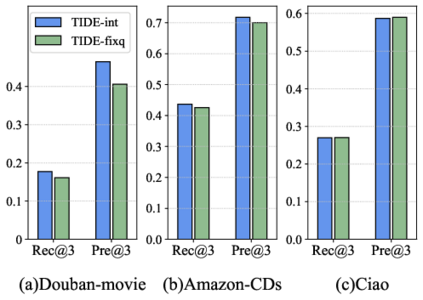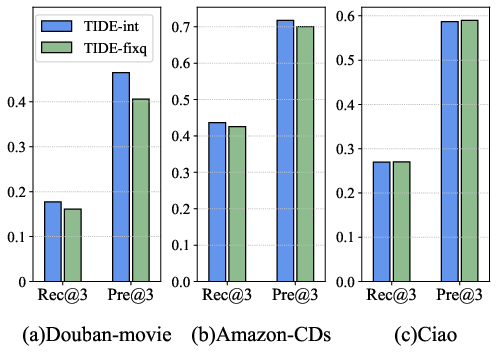Recommender system usually suffers from severe popularity bias -- the collected interaction data usually exhibits quite imbalanced or even long-tailed distribution over items. Such skewed distribution may result from the users' conformity to the group, which deviates from reflecting users' true preference. Existing efforts for tackling this issue mainly focus on completely eliminating popularity bias. However, we argue that not all popularity bias is evil. Popularity bias not only results from conformity but also item quality, which is usually ignored by existing methods. Some items exhibit higher popularity as they have intrinsic better property. Blindly removing the popularity bias would lose such important signal, and further deteriorate model performance. To sufficiently exploit such important information for recommendation, it is essential to disentangle the benign popularity bias caused by item quality from the harmful popularity bias caused by conformity. Although important, it is quite challenging as we lack an explicit signal to differentiate the two factors of popularity bias. In this paper, we propose to leverage temporal information as the two factors exhibit quite different patterns along the time: item quality revealing item inherent property is stable and static while conformity that depends on items' recent clicks is highly time-sensitive. Correspondingly, we further propose a novel Time-aware DisEntangled framework (TIDE), where a click is generated from three components namely the static item quality, the dynamic conformity effect, as well as the user-item matching score returned by any recommendation model. Lastly, we conduct interventional inference such that the recommendation can benefit from the benign popularity bias while circumvent the harmful one. Extensive experiments on three real-world datasets demonstrated the effectiveness of TIDE.
翻译:推荐人系统通常存在严重的受欢迎偏差 -- 收集的互动数据通常表现出相当不平衡,甚至长篇大论地分配项目。这种偏斜分布可能是由于用户对小组的遵守程度所致,这与反映用户真正偏好的情况不同。 解决该问题的现有努力主要侧重于完全消除受欢迎偏差。 但我们认为,并非所有的受欢迎偏差都是邪恶的。 普及偏差不仅源于合规性,而且也源于项目质量,通常被现有方法所忽视。 一些项目由于本身有更好的属性而表现出较高的受欢迎程度。 盲目地消除受欢迎偏差将失去如此重要的信号,并使模型性能进一步恶化。 要充分利用这种重要信息来提出建议,就必须消除因项目质量而导致的受欢迎偏颇偏颇的偏向性偏向性偏向,而不是反映用户偏好偏好偏好。 在本文中,我们提议利用时间信息,时间信息显示两种不同的模式:项目质量显示是稳定和静止的,但取决于最近点击的项目的合规性是高度的时间敏感度。 我们进一步提议, 准确的准确性选择, 正确度是准确的准确度框架。












